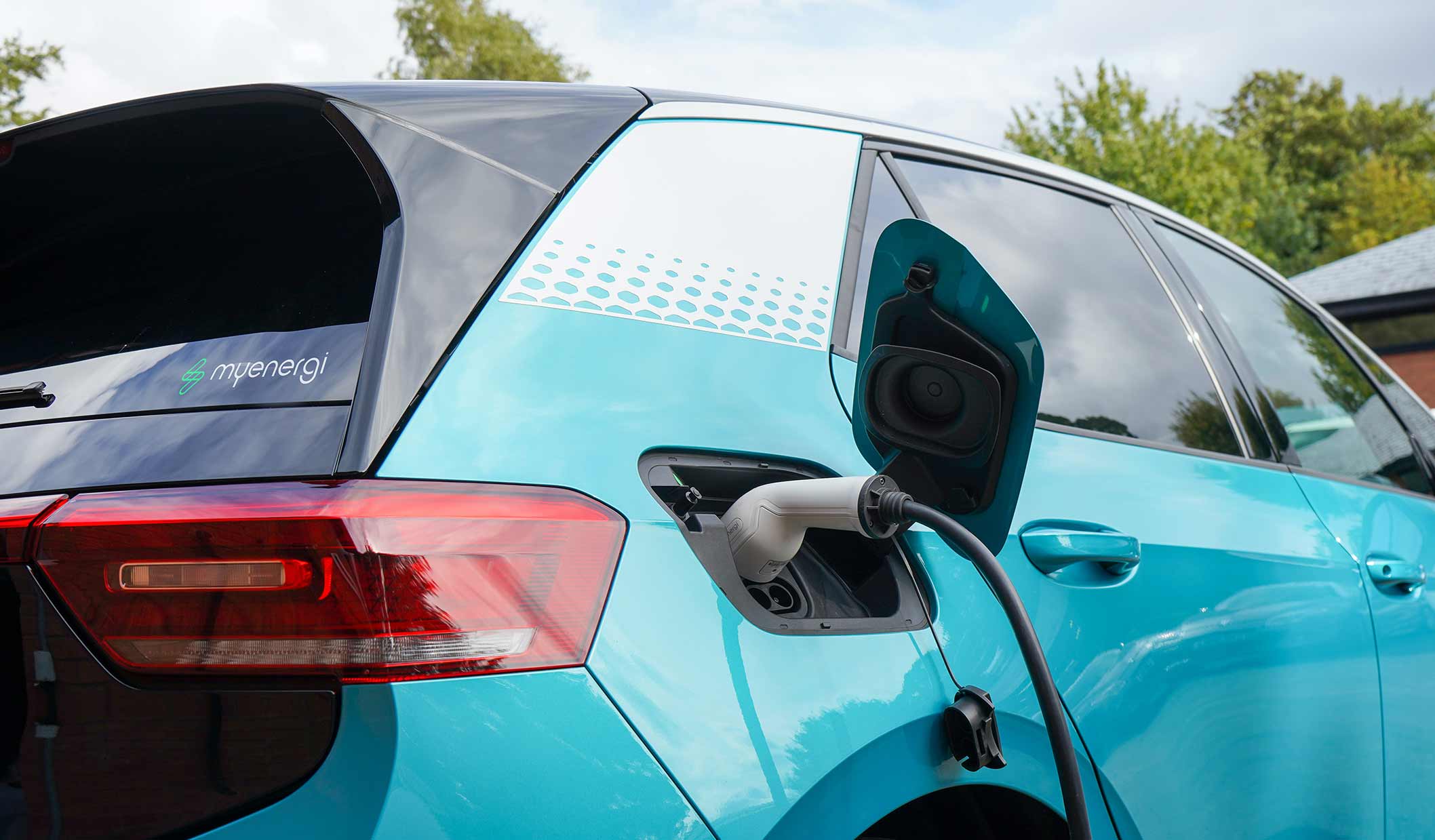A Balanced Perspective of Renewable Energy
Renewable energy has been hailed as the future of our global energy system. With the mounting pressure to combat climate change and reduce our reliance on fossil fuels, many countries and corporations are turning toward cleaner alternatives. From solar panels adorning rooftops to wind farms scattered across plains and oceans, the movement is gaining momentum.
The Quest for a Sustainable Future
While the benefits of renewable energy are undeniable, the transition comes with its own set of challenges. In this blog, we’ll explore both the pros and cons of renewable energy, offering a balanced perspective on its role in our energy future.
In 2020, IRENA reported that the global renewable energy sector employed over 12 million people, a number that is expected to rise as investments in green infrastructure continue .
According to the International Renewable Energy Agency, transition to renewables could cut CO2 emissions by up to 70% by 2050. This dramatic reduction in emissions can mitigate the worst effects of climate change.

Weighing the Pros and Cons of Renewable Energy
The most significant advantage of renewable energy is its potential to drastically reduce greenhouse gas emissions. Fossil fuels, such as coal, oil, and natural gas, release large amounts of CO2 when burned, contributing to global warming and air pollution. In contrast, renewable energy sources like solar, wind, and hydropower produce little to no emissions during operation.
Unlike fossil fuels, which are finite and depleting, renewable energy sources are naturally replenished. The sun will continue to shine, and the wind will keep blowing regardless of how much energy we harness from them. This abundance provides energy security, protecting nations from the volatility of fuel markets and ensuring a consistent energy supply in the long term.
Economic Growth from Renewable Energy
The renewable energy sector has been a significant driver of job creation. As more solar farms, wind turbines, and other renewable installations are built, the demand for skilled workers has increased. From manufacturing and installation to maintenance and R&D, renewable energy creates jobs across various industries.
The transition to renewable energy is one of the most exciting and necessary shifts of our time. It promises a future with cleaner air, more jobs, and less dependence on finite resources. Yet, like any significant change, it also presents challenges that must be addressed.





